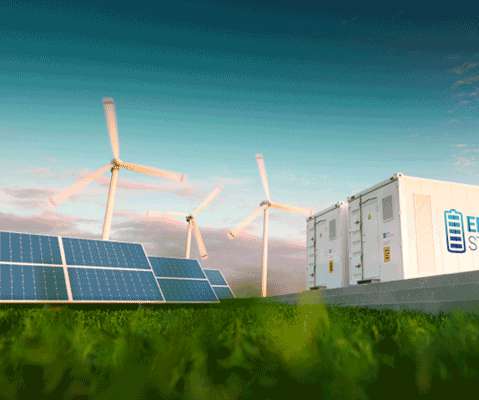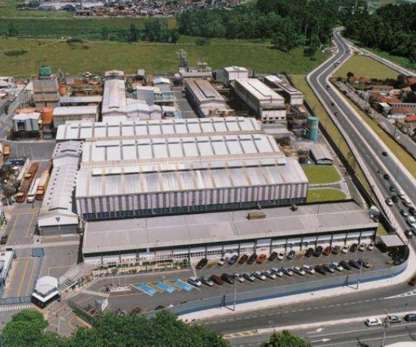Energy storage: the key to a decarbonised future
Setec Powerr
NOVEMBER 23, 2022
The best known and in widespread use in portable electronic devices and vehicles are lithium-ion and lead acid. Others solid battery types are nickel-cadmium and sodium-sulphur, while zinc-air is emerging. Lithium batteries: the future of storage. Batteries encompass a range of chemistries.











Let's personalize your content